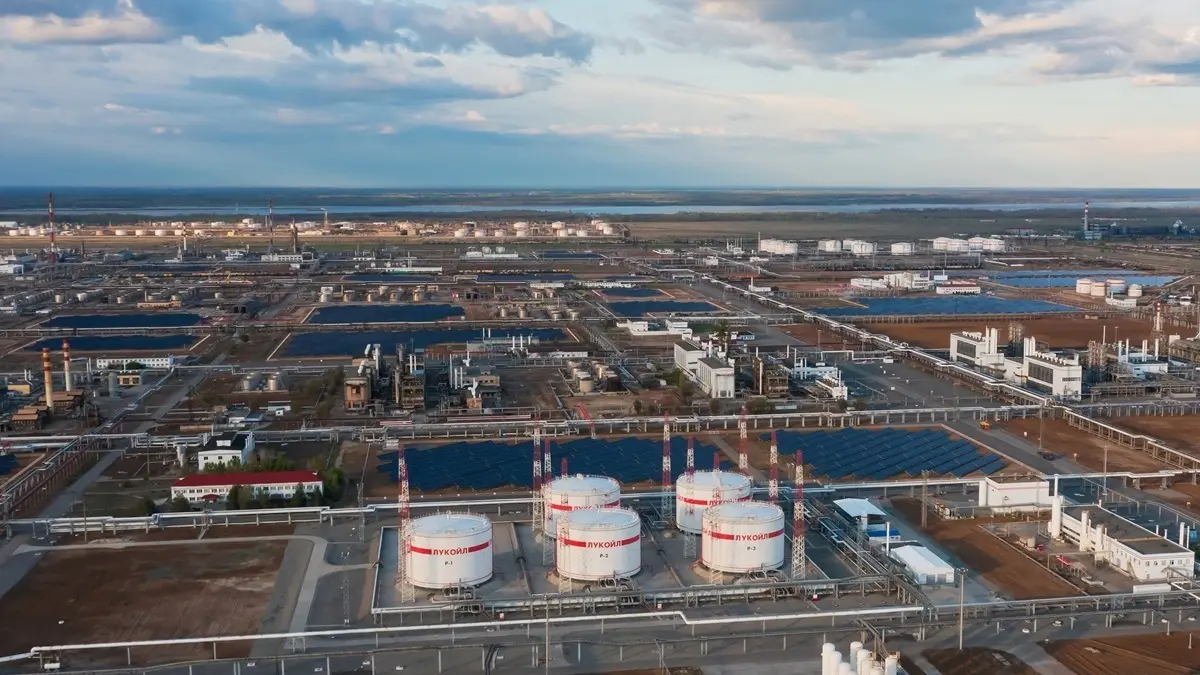Reliance Industries, India’s largest oil refiner and one of the top buyers of Russian crude oil, has begun shifting its crude oil sourcing towards the Middle East and the US in response to recent sanctions imposed by the United States on major Russian oil firms Rosneft and Lukoil. This strategic move comes amid a complex geopolitical landscape where oil supply chains face new restrictions and uncertainties.

Reliance, which signed a significant 10-year oil supply deal with Russia’s Rosneft last year to import almost 500,000 barrels per day, had been the largest importer of Russian crude in India. However, following the US sanctions aiming to limit Russia’s revenue amid its ongoing conflict in Ukraine, Reliance has opted to buy millions of barrels of crude from Middle Eastern countries such as Saudi Arabia, Iraq, and Qatar, in addition to crude from the US market. The company is also adjusting its refinery operations to ensure full compliance with the new Western sanctions while maintaining its commitment to India’s energy security.
The shift is driven largely by the US sanctions that specifically target Rosneft and Lukoil, which are responsible for the bulk of Russia’s crude exports. These sanctions prohibit American entities and allies from doing business with these Russian firms, hence impacting Indian refiners. Reliance’s purchases now include Saudi Khafji, Iraq’s Basrah Medium, Qatar’s Al-Shaheen, and West Texas Intermediate crude from the US. These shipments are scheduled for arrival in late 2025 or early 2026.

While Russian crude has been attractive to Indian refiners due to its discounted prices—often $5 to $6 cheaper per barrel than Middle Eastern grades—the sanctions have forced a reconsideration of sourcing. Industry experts note that this diversification might affect Reliance’s refining margins, as switching from Russian oil to other sources could entail higher costs. Despite this, Reliance is confident that its long-established, diversified crude sourcing strategy will continue to ensure stability and reliability in its refinery operations, allowing it to meet both domestic demand and export commitments, including to European markets.
This development reflects the wider consequences of geopolitical tensions on global energy markets. Indian refiners, including Reliance, are adapting in real-time to the shift in trade flows caused by US sanctions on Russia, which also impact other countries like China that have been buyers of Russian oil. The move towards Middle Eastern and American crude could stabilize Reliance's supply but might bring challenges in terms of pricing and contract renegotiations.

In conclusion, Reliance's pivot to Middle East and US oil sourcing in the wake of Russian sanctions is a pragmatic response to evolving international regulations and the need to maintain uninterrupted refining operations. While there are cost implications, the company’s established diversified sourcing approach and adaptive refinery operations demonstrate its readiness to navigate these changes while complying with legal frameworks and securing India’s energy needs.
With inputs from agencies
Image Source: Multiple agencies
© Copyright 2025. All Rights Reserved. Powered by Vygr Media.

























